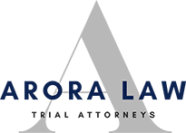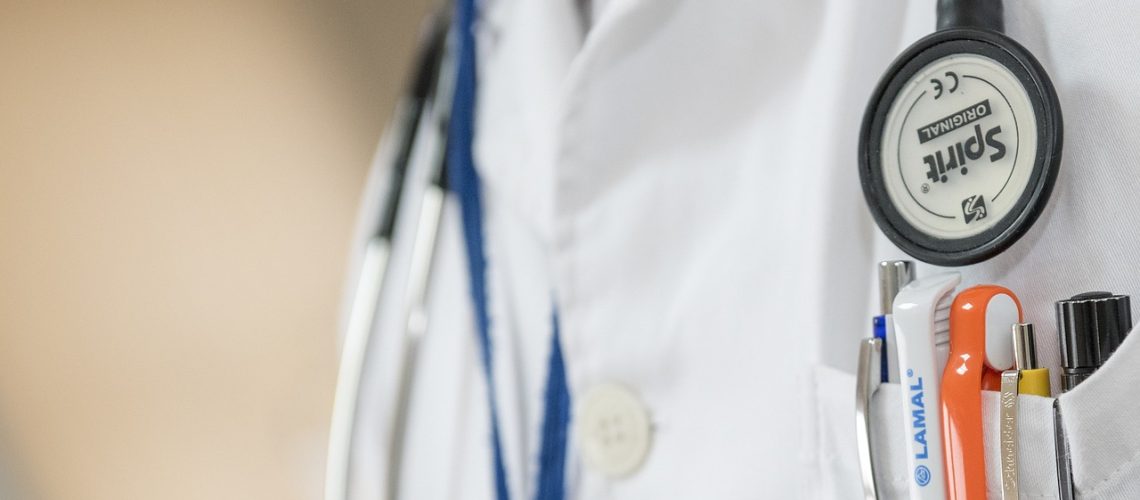The DEA is a federal law enforcement organization with extensive legal powers. Occasionally, in their enthusiasm, DEA agents may implicate healthcare providers or business managers who lack significant knowledge in these intricate legal topics. Without warning, these individuals may find themselves in a precarious position where their entire careers are at risk.
If you are facing a DEA investigation, inspection, or sudden audit, it is imperative to proceed with caution and be mindful of your words and actions.
When placed under federal scrutiny, even innocent remarks or trivial mistakes can be interpreted as suspicious or misleading, and the government can use anything you say or do against you. This is frequently the case with government investigations.
The most effective course of action for physicians or pharmacies facing a DEA investigation is to engage a skilled and aggressive legal team as soon as possible.
What to expect from a DEA investigation
It is possible that you may not realize that the Drug Enforcement Administration (DEA) has targeted you until their inspectors arrive at your medical practice, clinic, or pharmacy with a Notice of Inspection. At this point, you have the option to either permit them to conduct an investigation or refuse, which would require them to obtain an administrative warrant that does not require probable cause. However, if they possess evidence against you, they can procure a warrant from a criminal court judge.
The inquiry involves a systematic scrutiny of your procedures regarding legal and controlled medications. It examines how you administer prescriptions, to whom, how often, and how you maintain and distribute them within your facility. While certain discrepancies can be easily corrected, others may result in the suspension or revocation of your DEA Registration, and in severe cases, criminal charges may be brought against you.
Why the DEA might investigate a medical practice
Healthcare providers are not randomly targeted by the DEA. Instead, agents search for warning signs using information from informants, whistleblowers, local law enforcement, and advanced surveillance techniques when needed. Some of the most common warning signs that alert DEA agents that a medical practice may not be compliant with the law include the following:
- Previous DEA investigations
- Insurance and Coding Errors in Medicare Billing
- High prescription rate for similar controlled substances
- Having out of town patients
- Limited documentation in patient files
Although there could be valid reasons for any of the above items, investigators may regard them with suspicion. If a medical practice has not maintained appropriate records of patients and prescriptions, issues a significant number of controlled substance prescriptions relative to other drug types, or fails to implement pain management agreements with patients when prescribing opioids, the DEA may suspect that a doctor is prescribing medically unnecessary medications. Additionally, doctors could be held liable for drug diversion that results from stolen prescription pads or fake prescriptions issued by members of the practice’s staff.
What to do if you’re facing a DEA physician investigation
If you’re a physician or work in the medical field and you are under investigation by the DEA or any law enforcement agency you should speak to a criminal defense attorney. The Arora Law Firm can advise you of your rights and craft a criminal defense strategy. Give our attorneys a call to learn more.










